Scotch’s new sustainable spirit
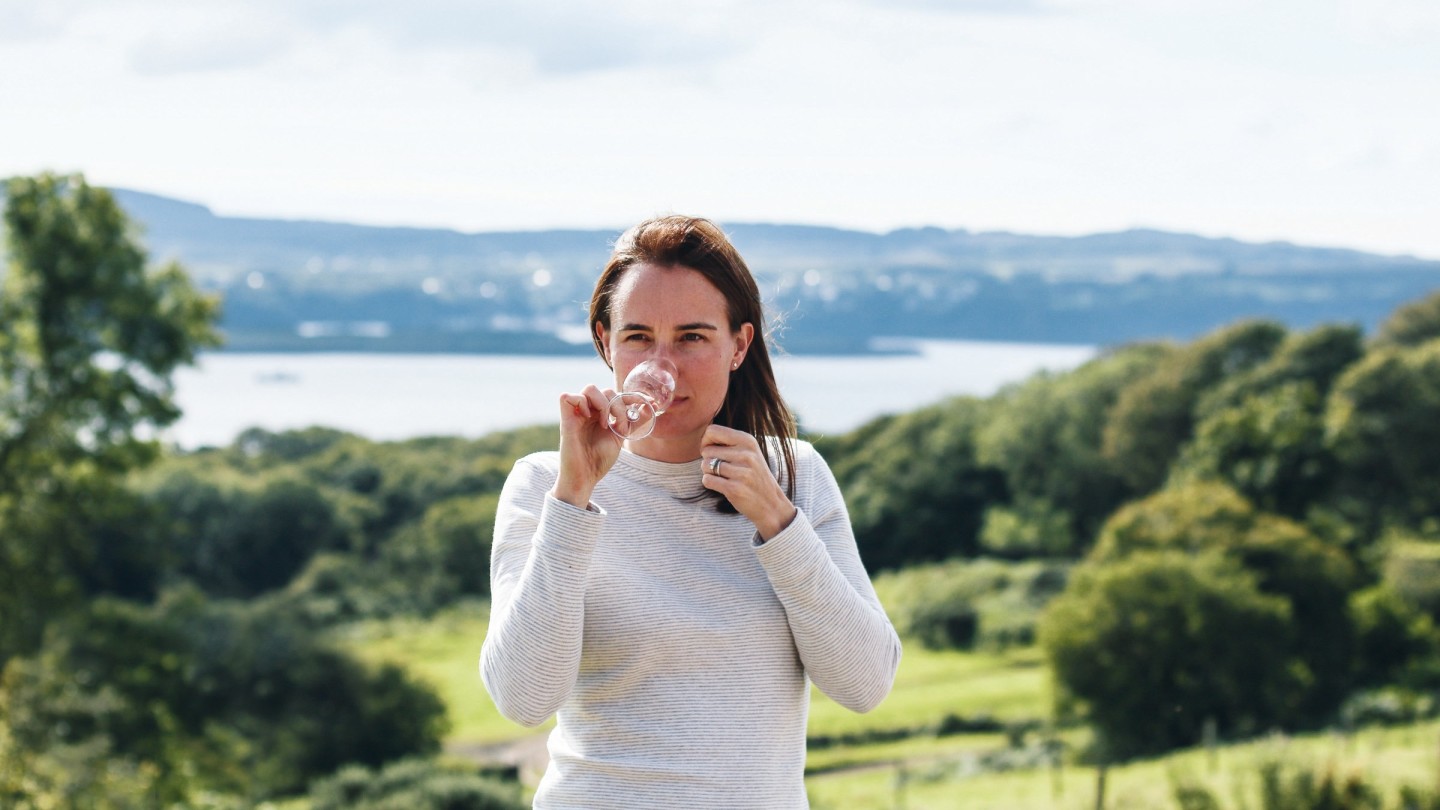
Roula Khalaf, Editor of the FT, selects her favourite stories in this weekly newsletter.
It’s been a long time coming, but sustainability is now a hot topic in spirits – and Scotch whisky is leading the charge. Last month, the Scotch Whisky Association became the first UK food and drink trade body to partner with Race to Zero, the UN’s campaign to promote carbon-cutting initiatives worldwide. The SWA’s goal is net-zero emissions by 2040, 10 years ahead of the UK Government’s deadline. Which sounds impressive until you learn that one of Scotland’s newest distilleries, Nc’nean, is already there.
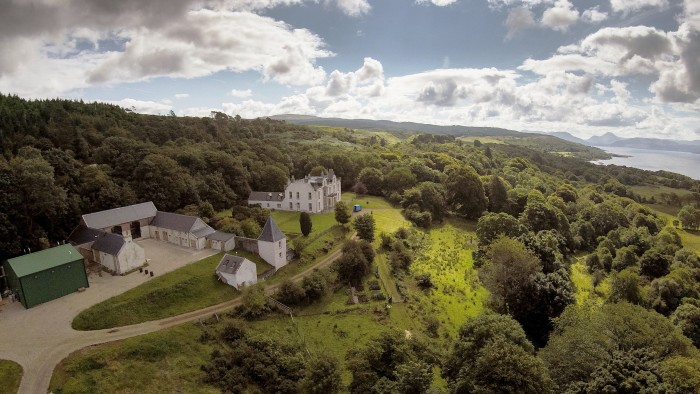
Located on the Morvern Peninsula, on Scotland’s west coast, Nc’nean (nuc-knee-un) has defied distilling conventions to achieve net zero (a status more demanding than merely carbon neutral because it involves paring carbon emissions back to a minimum, then offsetting as a last resort, rather than simply measuring emissions and offsetting). It uses 100 per cent renewable energy and recycles 99.97 per cent of its waste; its supply chain is carbon-neutral and its packaging is 100 per cent recycled glass (almost unheard of in luxury drinks). All its whiskies are also certified organic and made from barley grown exclusively by Scottish farms. The result is a carbon footprint equivalent to just one return flight from London to New York a year – a footprint the distillery offsets by planting trees.
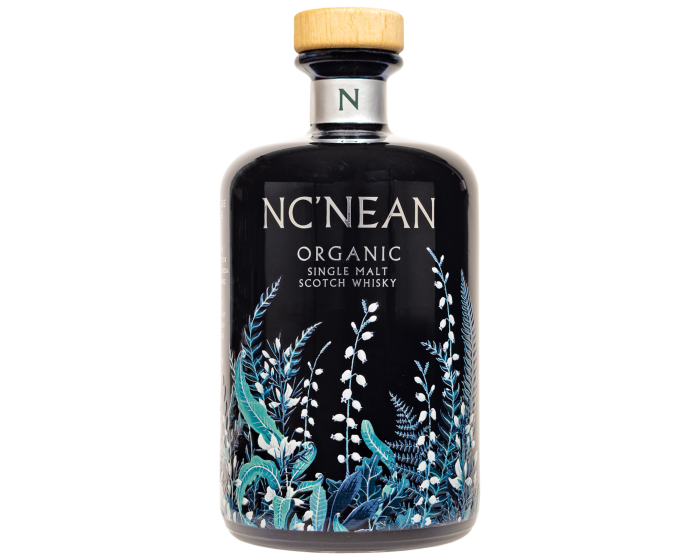
Nc’nean is a model of eco efficiency – and what’s more its whisky is delicious. The flagship single malt, aged in red wine and bourbon casks, is fruity and supple with notes of pear tatin, custard and spice. A limited edition aged in Tokaji and bourbon casks – the first in its Quiet Rebel series – debuts this month.
Its founder is 38-year-old Annabel Thomas, a former strategic consultant who quit City life for making whisky after her parents bought the Drimnin Estate, where Nc’nean now stands, in 2000. She was a whisky novice – she’s the first to admit that – but she was committed from the outset to being green.
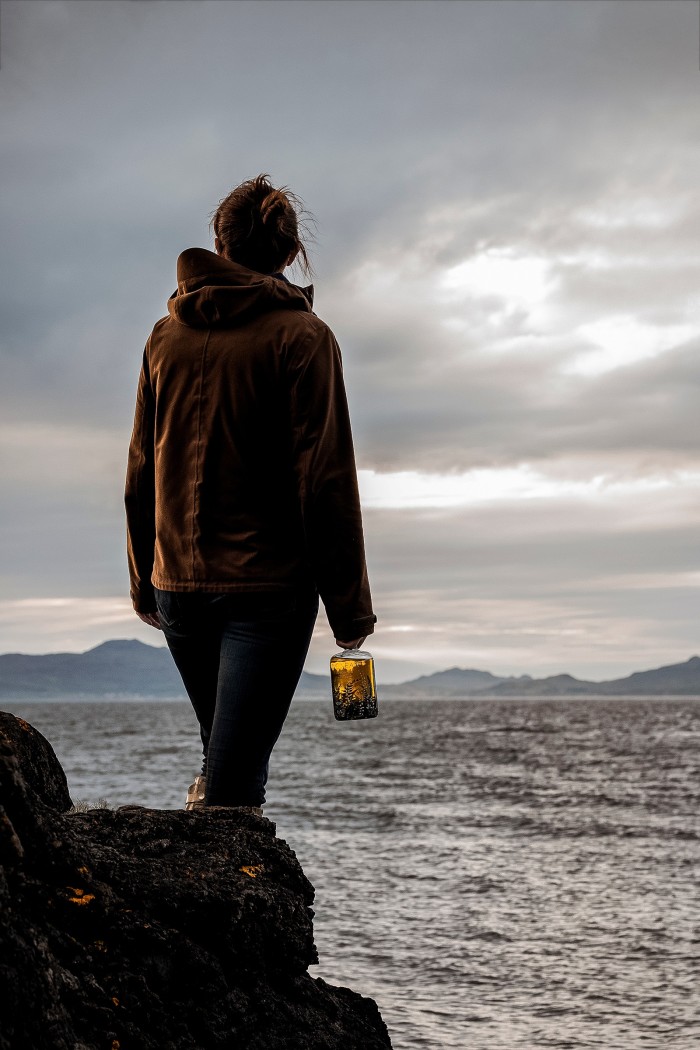
“When I was at Bain & Co I spent 18 months working with Innocent Drinks and that was very formative,” she says. “That was the first company I saw balance purpose and profit.”
It was a not a similar picture in the whisky industry. “On an early recce to Islay, I did six tours and none mentioned sustainability. Everyone kept talking about heritage and tradition but I was thinking, ‘Where are the guys who are thinking about the future?’”
Many of her ideas were met with scepticism – but I hear that the phone is now ringing off the hook with distillers wanting tips on how to run a biomass boiler.
“I wanted to create a distillery that could lead the way,” says Thomas. “If other distilleries move quicker too, we will have a much bigger impact than we could do on our own.”
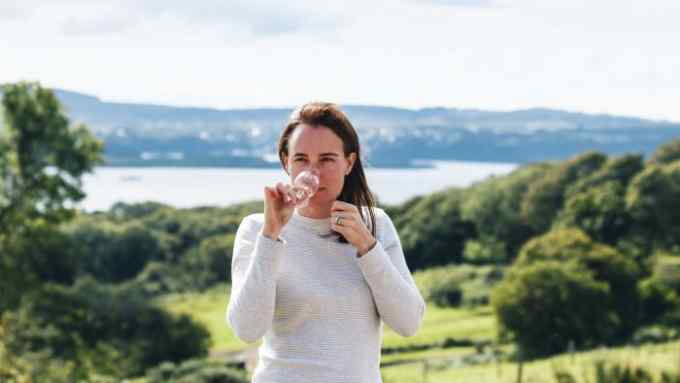
Comments